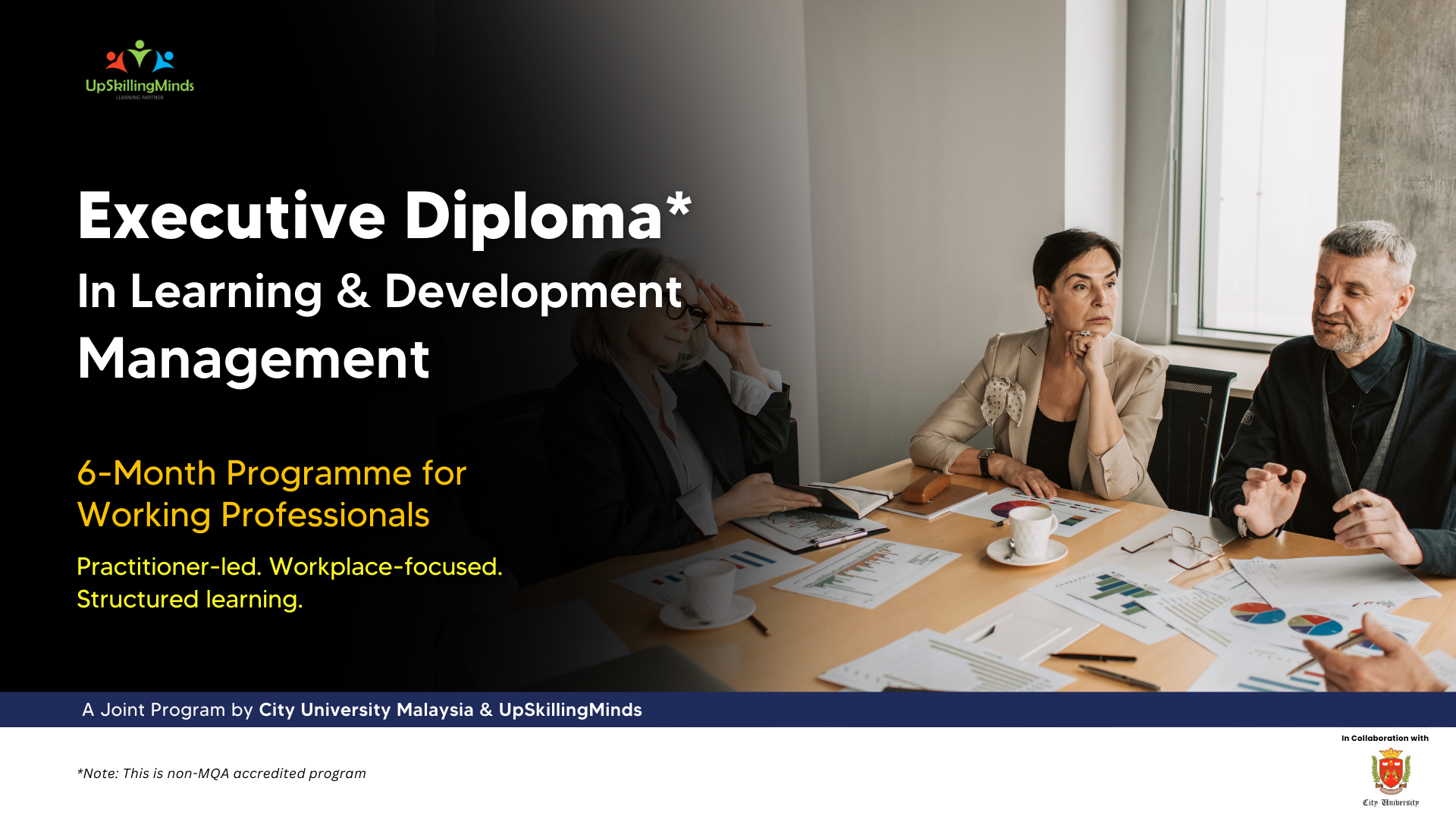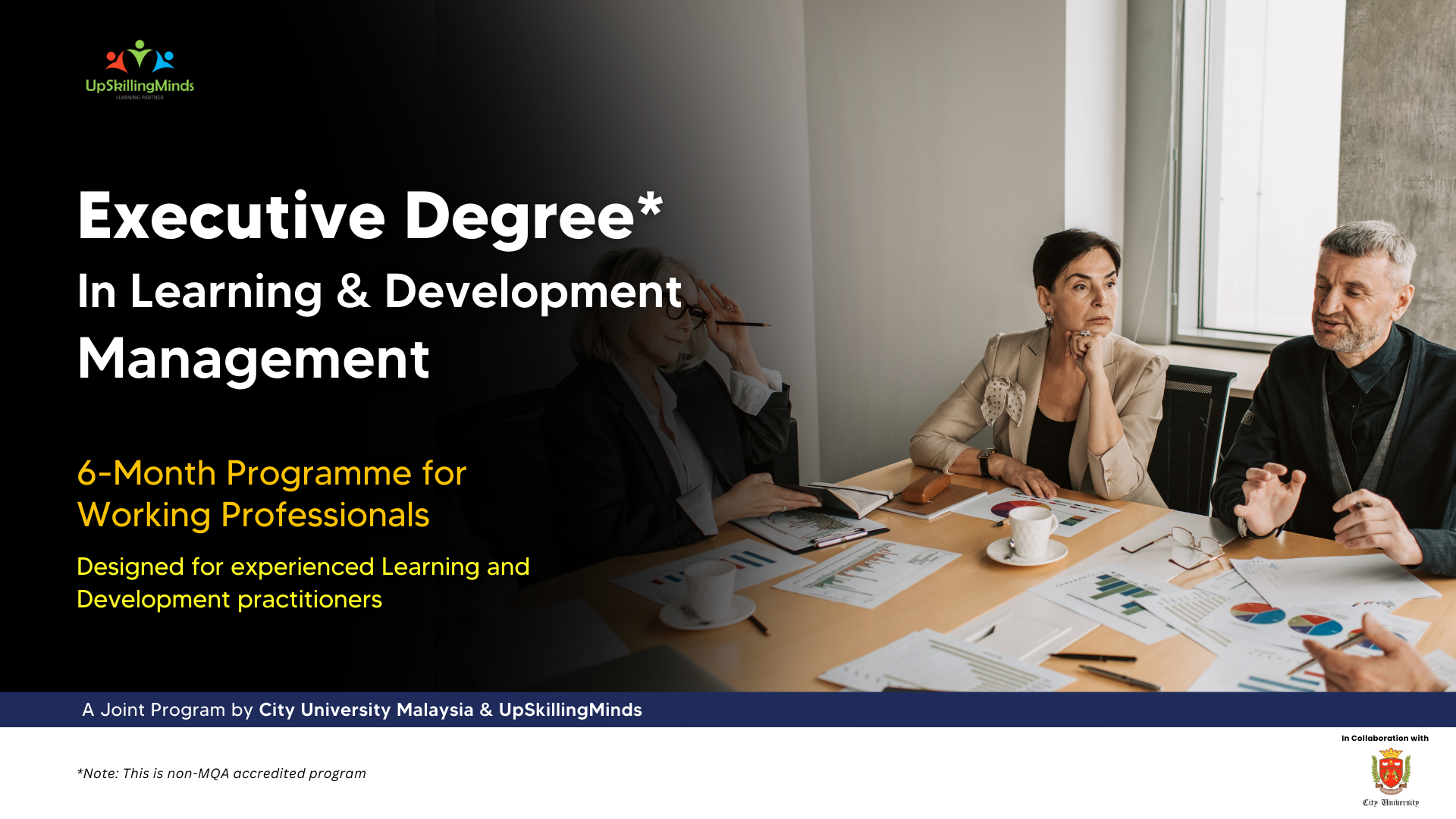Being assertive is a skill in communicating our opinions, perspectives, thoughts or emotions confidently, without being aggressive or passive. It empowers us to stand up for ourselves and in the process, we are still able to maintain long-term sustainable relationships with people. However, in the real world especially when we are in negotiations or dealing with irate customers, how do we speak up for ourselves and our organization without stepping onto the shoes of the other party and risk the relationship and the business? How do we look a person in the eye and share our views in a confident but non-threatening tone? What does it take to achieve a mutually agreeable outcome without losing our composure and disrespecting the other party?
This unique 2-day, activity driven program teaches skills that boost personal productivity and relationship building through increased understanding and effective implementation of the art of assertive communication. By providing you with a rigorous training environment, your active participation in our program will enable you to apply and sustain your learning to a point of forming winning habits. You will have the ability to create the greatest positive impact when you are communicating your point at every given opportunity.
Art Of Assertive Communication focuses on the following areas:
After completing the training, you should be able to:
- Handling objections in the workplace
- Improve your personal style of communicating
- Maintain long-term relationships effectively
- Negotiate outcomes professionally
- Understand and employ the buy-in process effectively
Think differently to alter direction.
The experience of learning to read and write for the first time is likely to remain vivid in your memory. The skill is ingrained and it stays. The primary objective of our training and workshop is to make your new knowledge and abilities as durable as the ones you've already accumulated. They foster fresh ideas. They enable great feats. Individual behaviour and attitude contribute to your organization's success is what we prioritise.
Combining experiential, instructional, and discovery learning with current coaching technology promotes profound transformations in attitudes and behaviour that enable sustainable change in your business. These adjustments improve results.
Our programmes involve with 12 unique learning methodology as below:
Our unique experiential framework and implementation empowers you to:
- Apply assertive communication in your conversations
- Become more effective with people
- Build confidence through your conversations
- Communicate clearly and concisely
- Employ effective communication skills to different types of listeners
- Getting the buy-in with minimal compromise
- Increase productivity and performance
- Influence people
- Listen generously and question skillfully
- Provide better service for your stakeholders, colleagues and customers
- Resolve conflicts professionally
- Work with powerful nonverbal communication
Our program outline encompasses the following modules:
Day 1:








